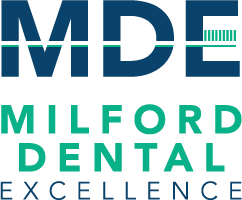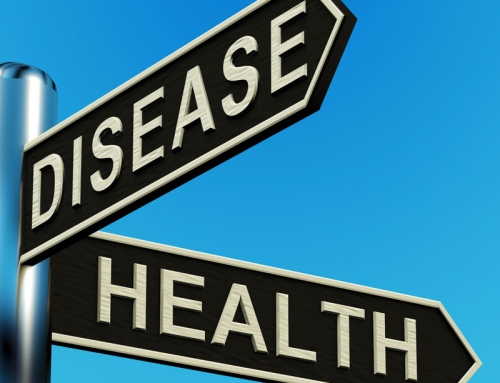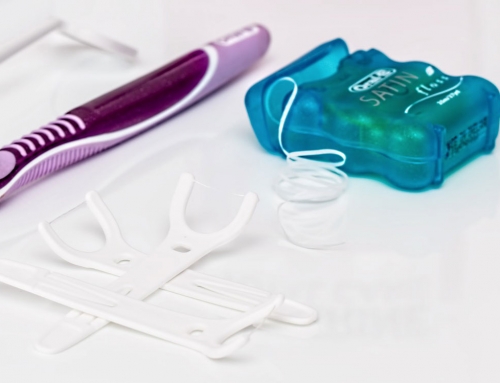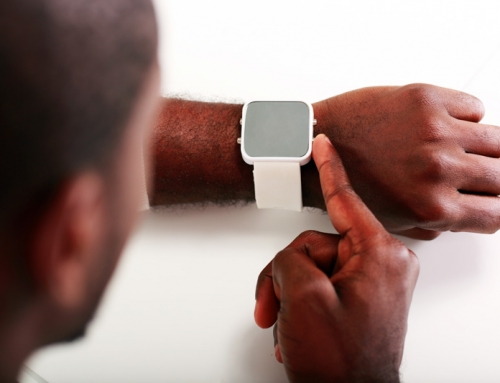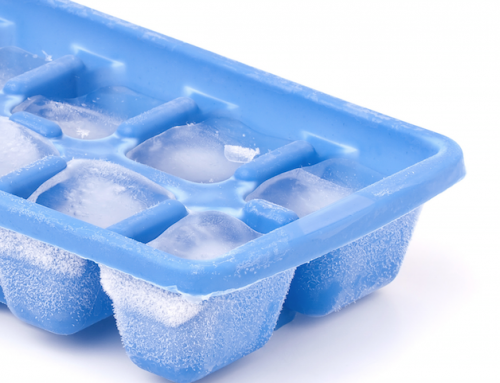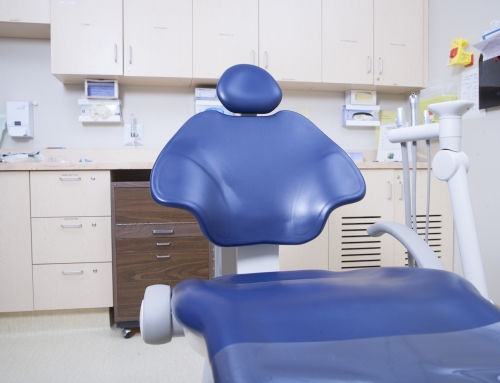Did you know? Of adults, 92% have had tooth decay. Tooth decay is the most common disease worldwide, mostly because of the sugar consumption of most people.
Is tooth decay typically painful? At what point should you schedule an appointment with the dentist? Continue reading to learn how to tell if you have a potential cavity, and what to do about it.
How to Tell if You Have Tooth Decay
Tooth decay is caused by the enamel, or surface of your tooth, being damaged by acid and bacteria. This ultimately creates a pit in the tooth, which we know as a cavity. Cavities start at the outermost layer, the enamel, but will continue on to the dentin, or inner layer of your tooth.
At times, you can recognize tooth decay if your tooth has a dark spot. This doesn’t always mean there’s a cavity, though. Some dark spots on teeth might just be stains on your teeth due to food or drinks.
In other cases, a spot may not be noticeable even if there is a cavity present. Dark spots may also be due to an injury or even be caused by some medications. When it comes down to it, if you think you may have a cavity, the best thing to do is visit Milford Dental Excellence for an exam.
Cavities and Pain
Feeling pain from tooth decay is determined by what stage the cavity is at. There likely won’t be any pain if the tooth decay is only in the enamel, but the pain will start once the decay goes further. After the decay reaches the dentin layer, you may experience sensitivity to cold or hot or just pain in general.
It’s vital to have any tooth pain checked by the dentist since it might lead to a serious infection or even the loss of a tooth. The sooner the dentist is able to treat tooth decay, the better the result.
Dr. Reineck, Dr. Powers, or Dr. Naylor will check your mouth for spots on your teeth that are soft to find tooth decay. You will also have x-rays to locate cavities that you can’t see or feel, like those between teeth.
Cavity Prevention
You can end up with a cavity when foods with sugar or carbohydrates like fruit, candy, cake, bread, and others remain on your teeth. Bacteria in your mouth break these down and transform them into acids. This combines with the saliva in your mouth, creating plaque, which then will cling to your teeth. It’s this plaque that will start to dissolve your tooth.
To prevent cavities from starting, try to steer clear of beverages and foods that are high in sugar and eliminate any plaque from your teeth by brushing and flossing your teeth regularly.
Don’t Hold Off! Contact Your Dentist!
There’s no way to learn if you have a cavity without going to the dentist. Cavities only get worse over time. More damage is done the more time that goes by. If there’s something about your teeth that worries you, schedule an appointment with Milford Dental Excellence as soon as you can.
